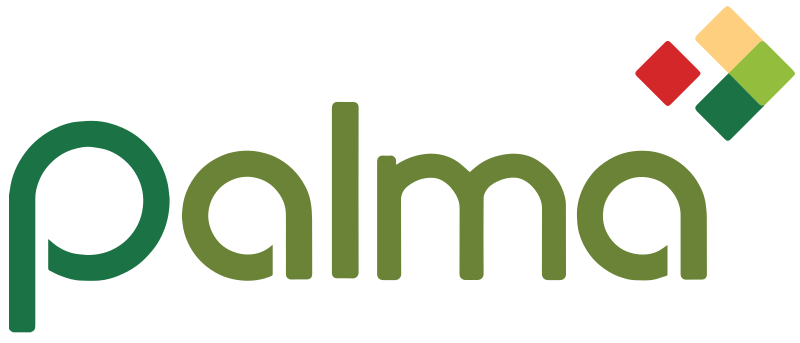New technologies and workforce trends are making the importance of professional mentorships even more critical to the success of a business or an industry, recent studies show.
When a fresh-faced employee displays the gleam of potential, a manager may take that staffer under their wing. Its hardly a new concept. However, the advent of sophisticated smartphones and social networking websites, along with a glut of new workers who know how to really wield them, is making mentoring programs a two-way street.
Consider your local coffee shop. Tablet devices are replacing those temperamental cash registers and punch cards. Instead, customers can now sign up for loyalty point programs on their smartphone and have those tracked at the checkout counter by logging in.
Would the owner know of these opportunities? Possibly. But its more likely that the hip barista with the bachelors degree and a penchant for new technology brought it to their attention. Its a case of reverse mentoring a new term that has been coined to refer to millennial workers training their superiors, especially when it comes to new technologies.
As I continue my career, my desire for learning and trying new things seems to increase, says Reba Hull Campbell, deputy executive director of the Municipal Association of South Carolina, in a recent column for Public Relations Society of America’s Tactics magazine. “Im counting on these reverse mentors to steer me toward new ways of thinking and, at the same time, I hope I can still challenge them to be better professionals.
A 2012 study by MTV recently found that an estimated 40 million millennials are present in the workforce. Experts such as Jan Ferri-Reed, president of management consulting company KEYGroup, say this segment of the workforce is more tech savvy than any preceding generation because they grew up with computers, iPods, smartphones, the Internet and much more.
These skills represent a double-edged sword, however, she recently wrote in an article entitled Managing Millennials for the July edition of the Journal for Quality & Participation. On the one hand, millennial employees are naturally more engaged when their work involves technology. On the other hand, theres a risk of boredom with typical office work, which rarely moves with the pace and rhythm of a video game.
Is this analysis of an entire generation too trite? Possibly. The point is that challenging these workers and letting them influence management through reverse mentorships can pay dividends through new efficiencies and more competitive services.
However, dont lose sight of the old-school approach: Top-down mentoring should not be avoided or underestimated in these times of rapid change. They should happen organically over the proverbial cup of coffee rather than via some corporate rulebook or company policy, according to a recent study.
The peer-reviewed study, published in the September 2011 edition of Academy of Management Learning & Education magazine, was led by two U.S. Army officials with the help of researchers from the universities of Nebraska and Washington. It found that semiformal mentorship programs led to a higher degree of leadership in those being mentored, as well as those doing the mentoring.
Feedback and trust were the core principles of successful mentoring programs. These programs were more cost-effective than bringing in keynote speakers to accomplish the same goal. And they were more successful than training employees in groups because the individualized attention focused on concepts in a real-life work context, the study found.
These types of mentoring opportunities continue to succeed at various levels and across diverse industries.
Placido Domingo, the highly regarded King of Opera, flew to Miami earlier this month to mentor other young artists in a pay it forward gesture. When I was growing up, my mentors were the old singers and my parents, who were both singers, the Spanish-born, Mexico-raised tenor recently told Examiner.com.
At Palma Financial Services, Inc., founder Miguel Angel Palma mentored a local finance student early on in his career. Now a successful real estate associate with a wife and two children, Donny Piwowarski, 41, recalls his mentoring experience with Palma. The two met through one of Piwowarskis relatives for whom Palma was doing tax paperwork.
Every time I would go and do my taxes, he would always encourage me to go off and do something on my own. He finally gave me the push, Piwowarski says.
He ventured out as an IT specialist for clients across the San Jose area. Piwowarski says Palma gave him all the counseling he needed to be self-employed. He also took him to business mixers hosted by local chambers of commerce.
He gives you whatever he can. Hes really about trying to help people improve their lives and take that next step, Piwowarski says. Today, he is an associate broker with Boehm & Associates.

